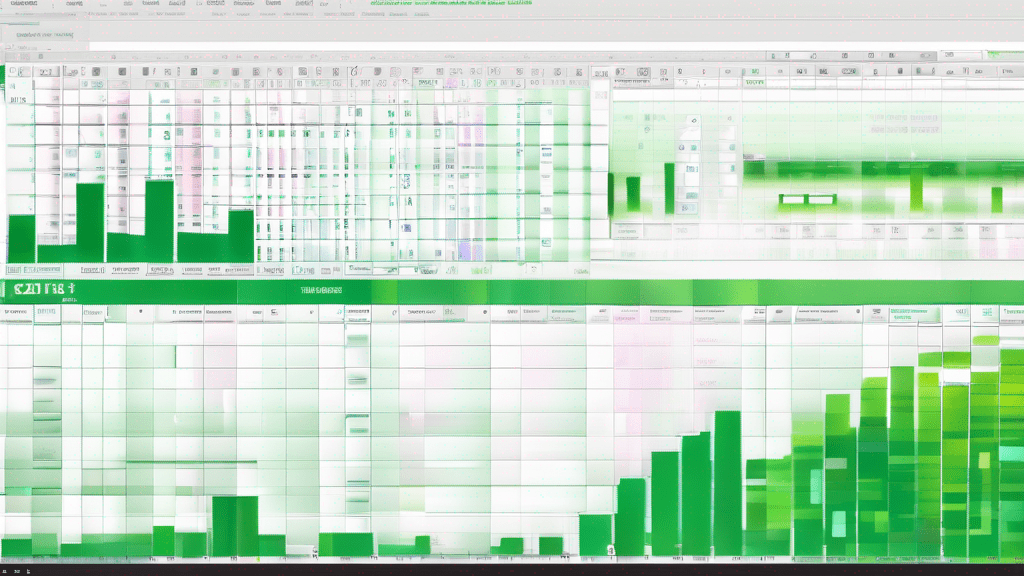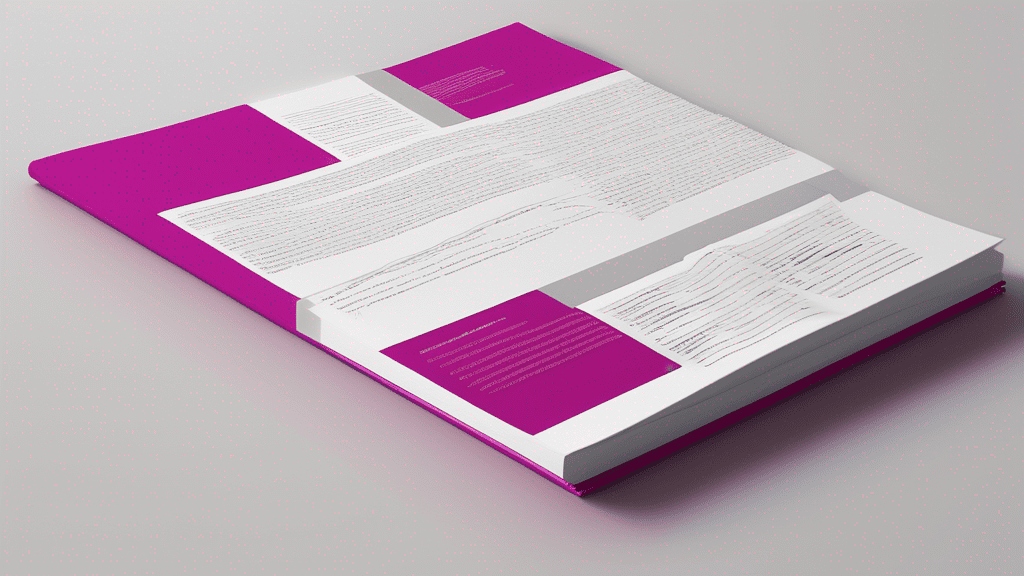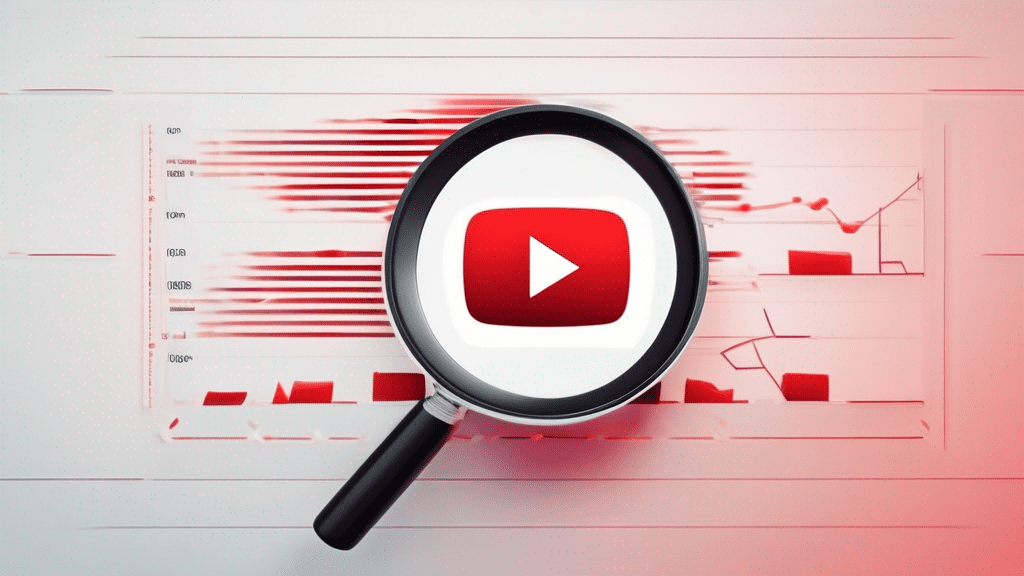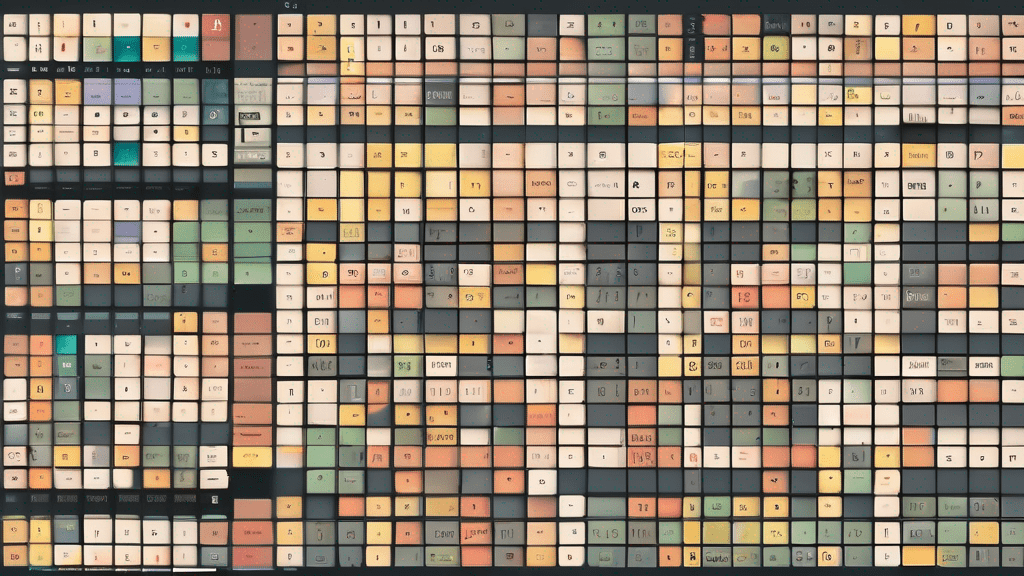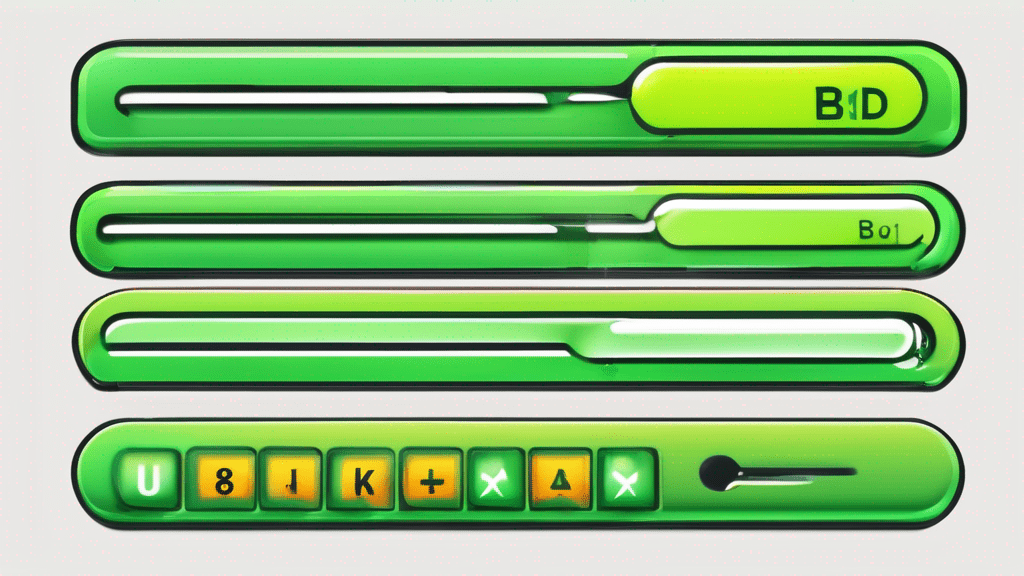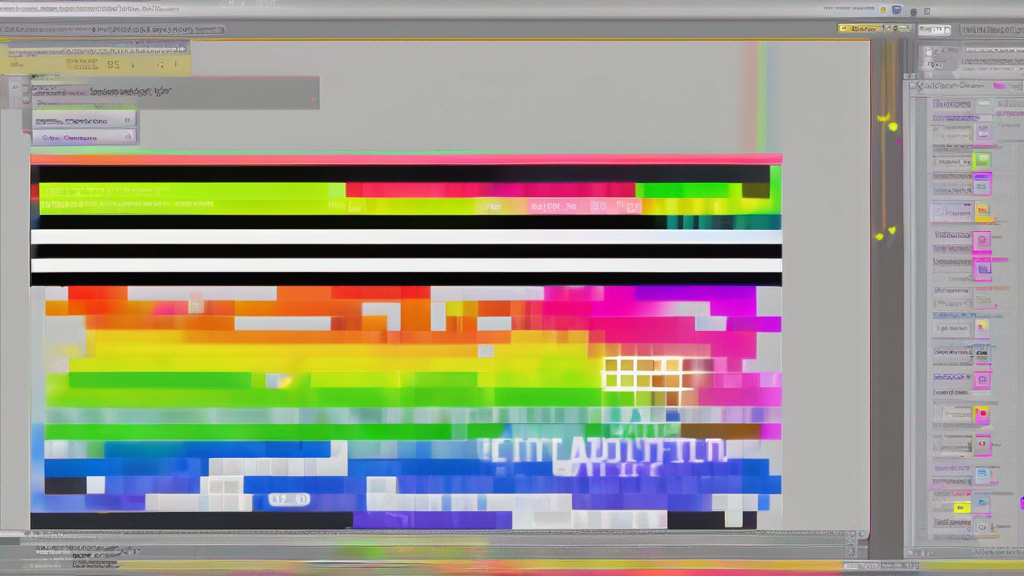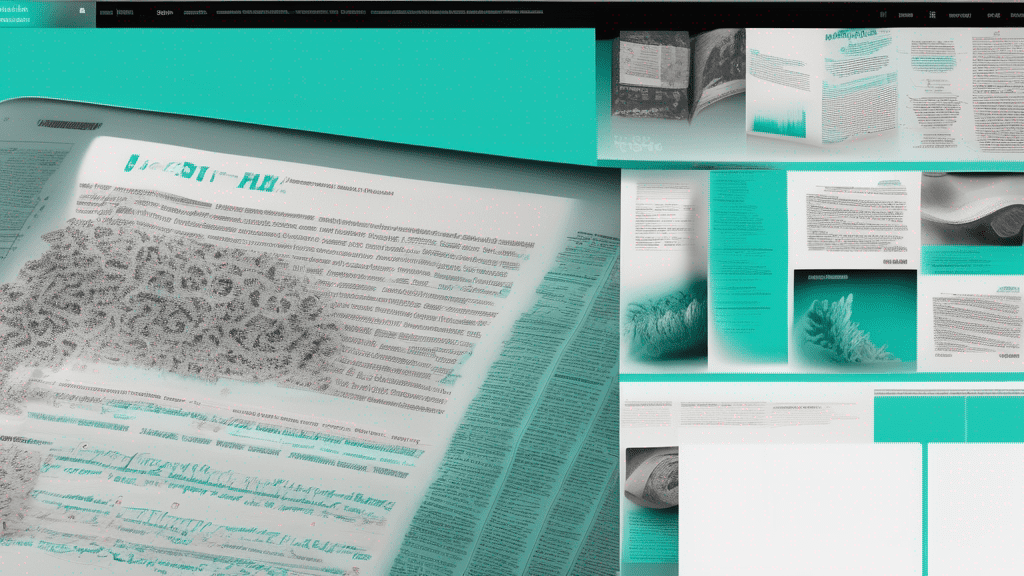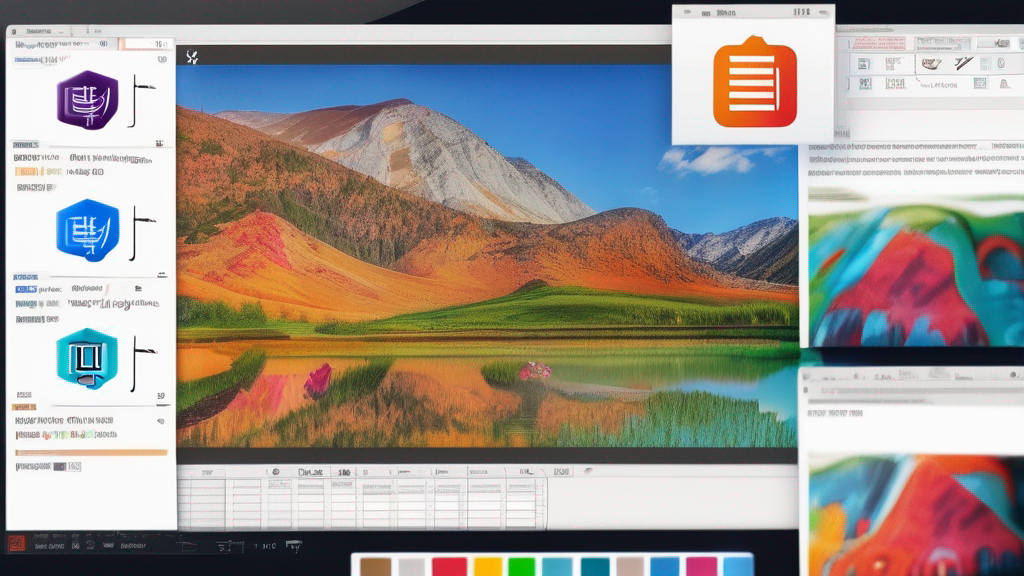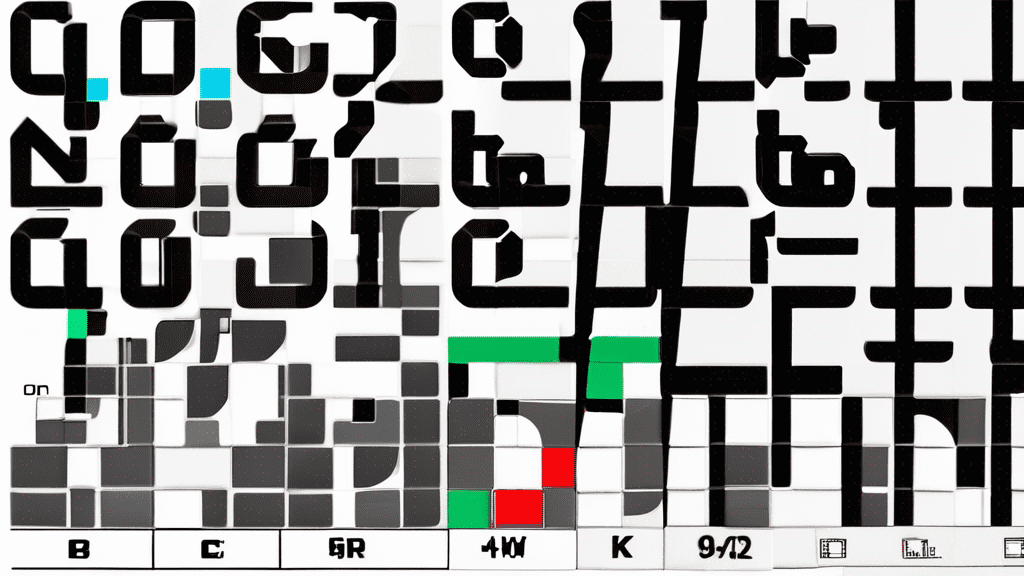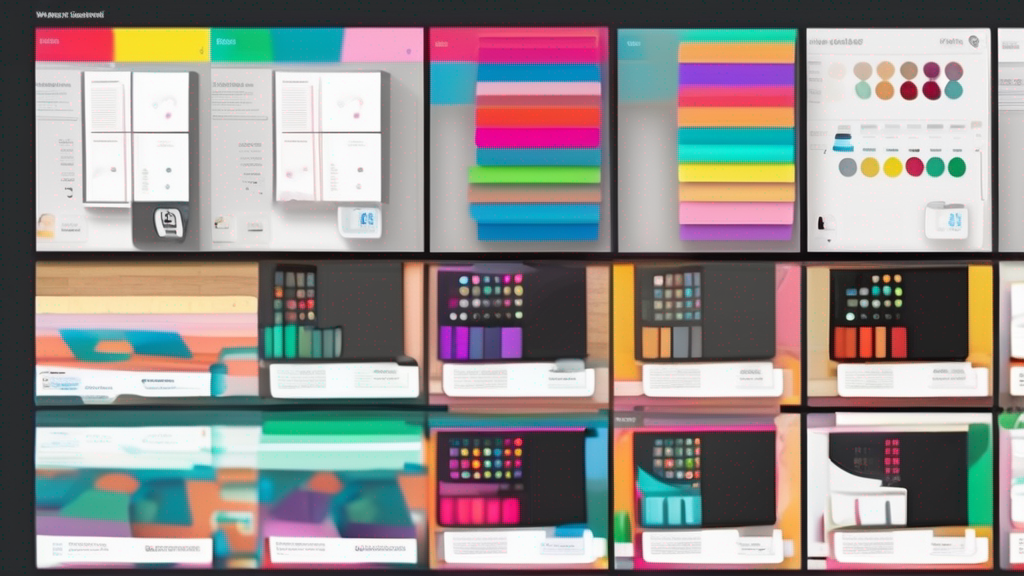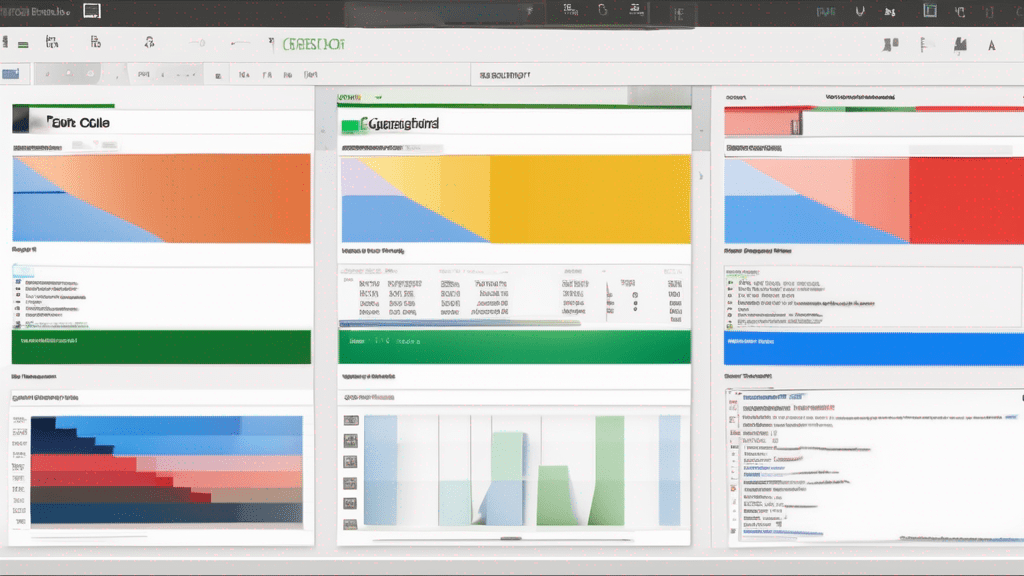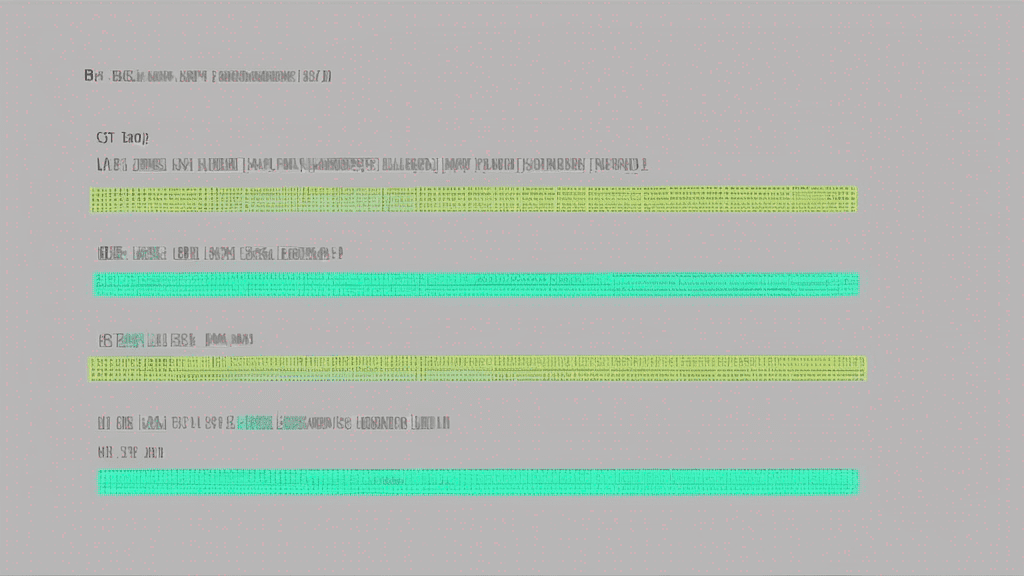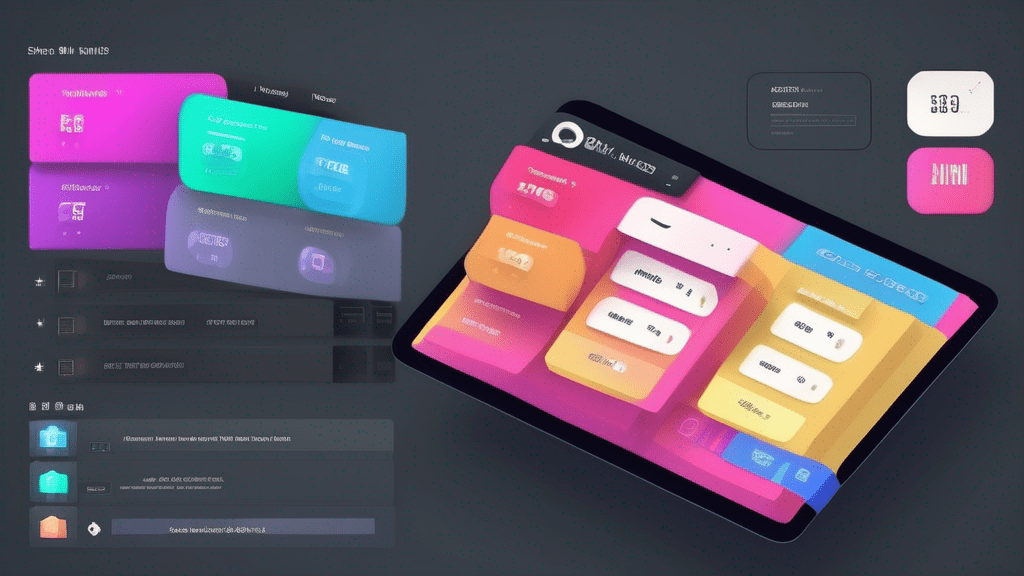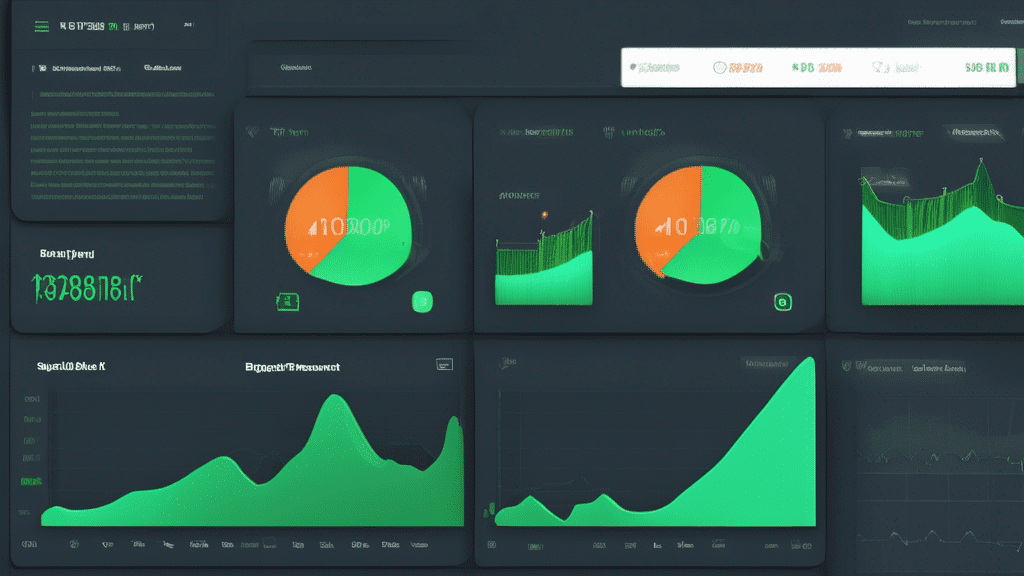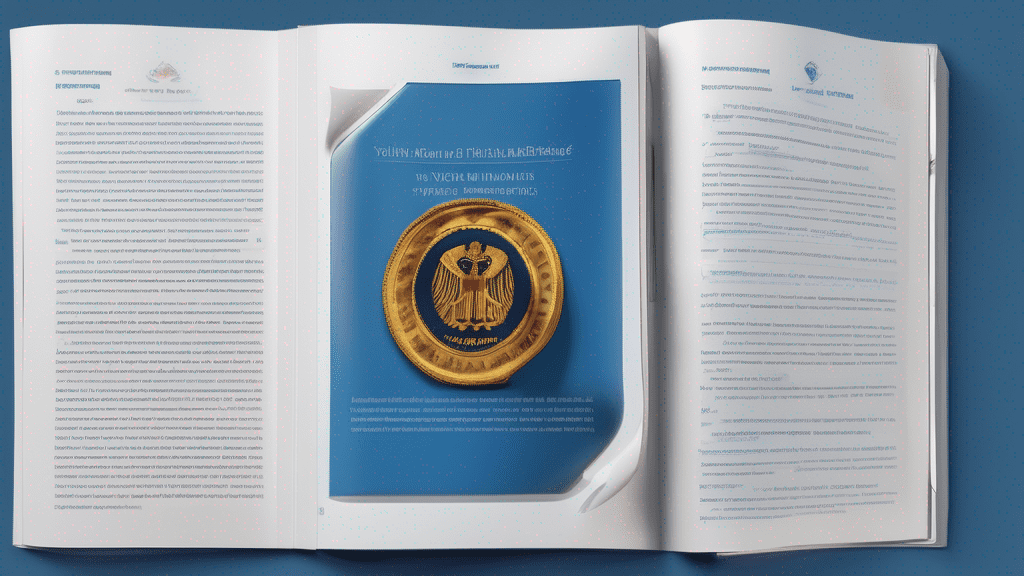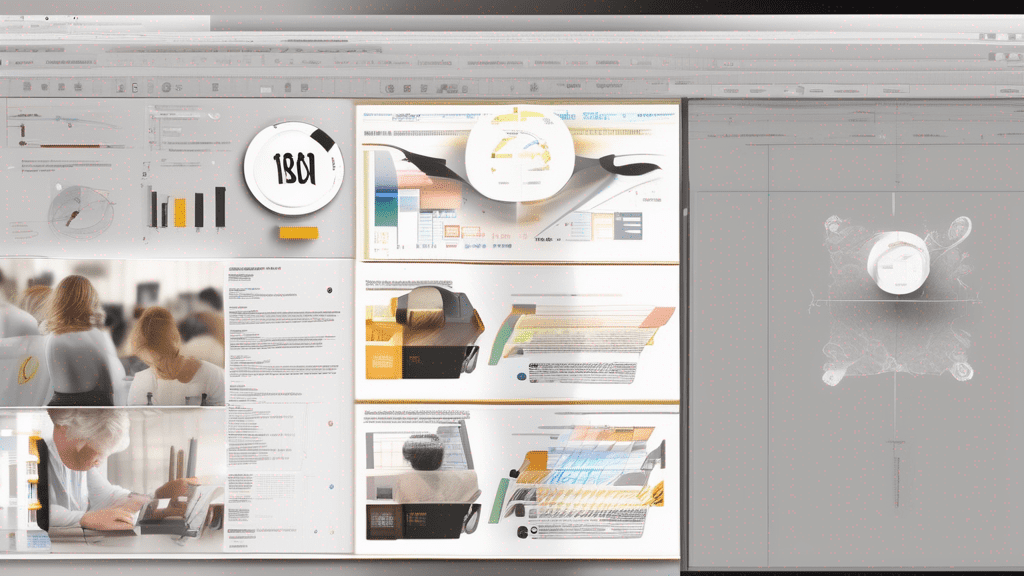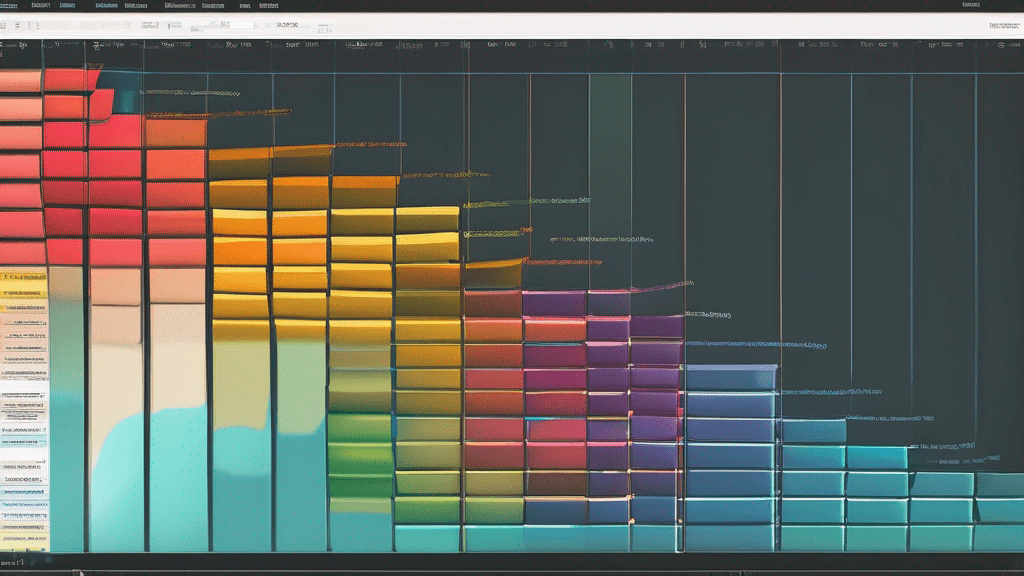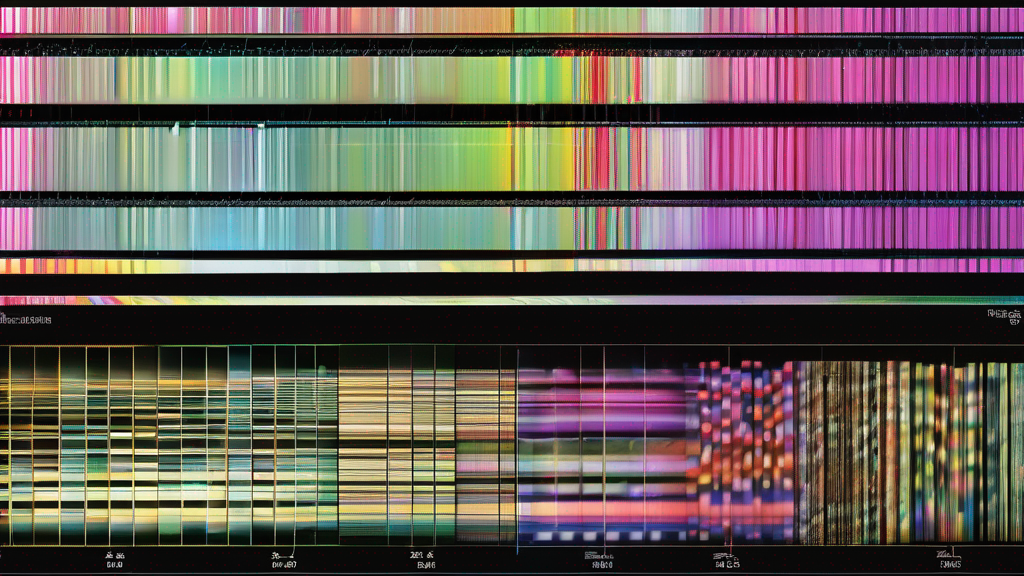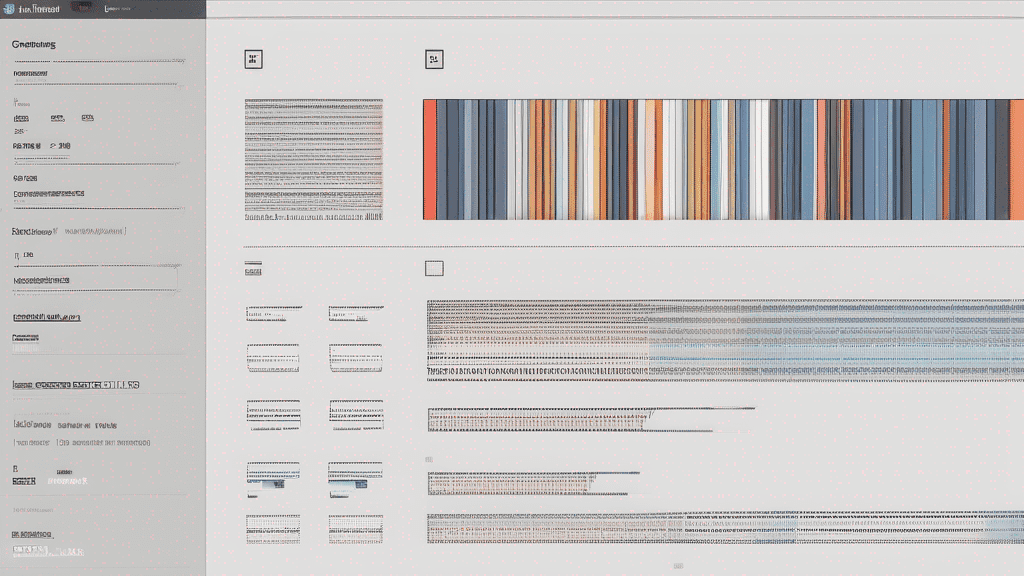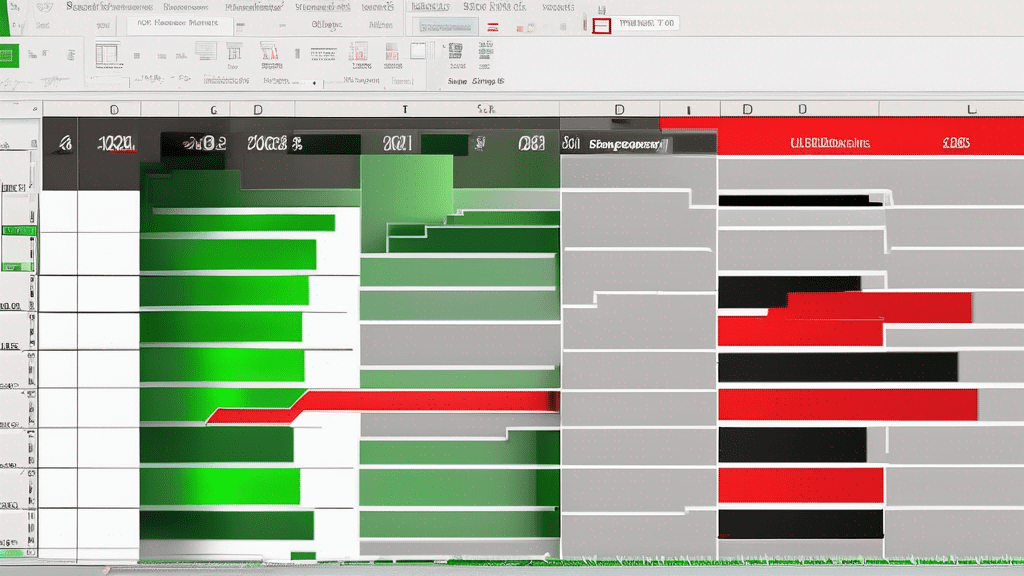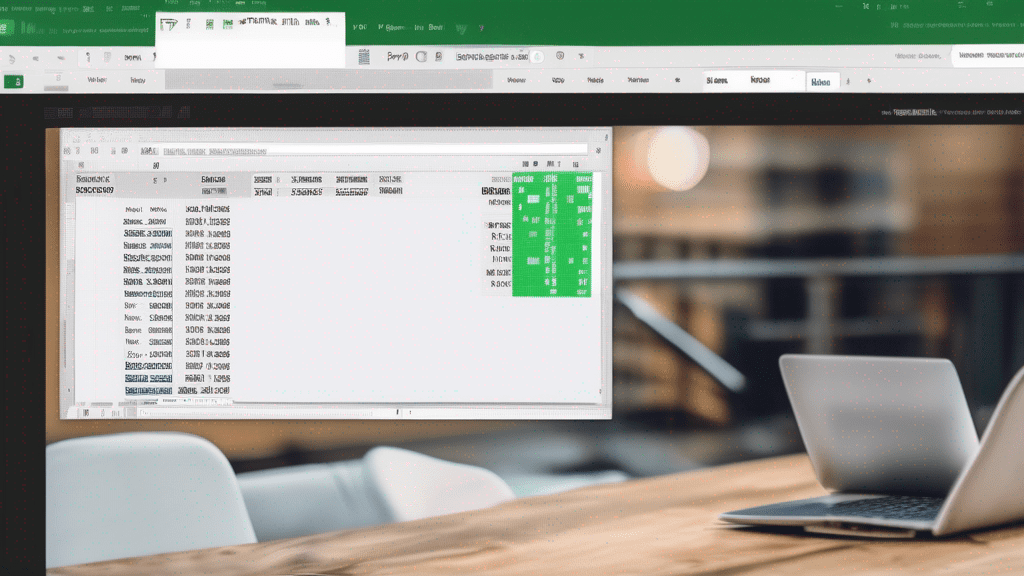Dealing with PDFs can be a real headache, especially when you need to extract data from them. Fortunately, there’s a handy tool that can make this process a breeze: the PDF to JSON Converter. With this powerful converter, you can easily extract structured data from your PDFs and convert it into a more accessible and manageable JSON format.
Whether you’re a developer working on a data-driven project or a researcher analyzing large datasets, the ability to extract structured data from PDFs can be a game-changer. PDFs are often used to share information, but their static nature can make it challenging to work with the data they contain. By converting PDFs to JSON, you can unlock a world of possibilities for data manipulation, analysis, and integration with other applications.
Why Convert PDFs to JSON?
JSON (JavaScript Object Notation) is a lightweight, human-readable data format that has become a standard for data exchange on the web. By converting PDFs to JSON, you can transform the static data contained within the PDF into a structured, easily parsable format that can be readily consumed by various programming languages and applications.
Here are some key benefits of converting PDFs to JSON:
- Improved data accessibility and manipulation
- Seamless integration with web applications and APIs
- Enhanced data analysis and reporting capabilities
- Efficient data storage and retrieval
- Better compatibility with modern data processing tools and frameworks
How Does the PDF to JSON Converter Work?
The PDF to JSON Converter leverages advanced optical character recognition (OCR) and data extraction technologies to accurately extract structured data from PDFs. Here’s a high-level overview of the conversion process:
- Upload your PDF file to the converter.
- The converter analyzes the PDF’s structure and content, identifying tables, lists, and other data elements.
- Using OCR, the converter extracts the textual data from the PDF and organizes it into a structured JSON format.
- You can preview the extracted JSON data and make any necessary adjustments before downloading the final file.
Supported PDF Features
The PDF to JSON Converter is designed to handle a wide range of PDF features, including:
- Tables
- Lists (bulleted and numbered)
- Headings and subheadings
- Paragraphs
- Images (with optional OCR for image text)
This comprehensive support ensures that you can extract structured data from virtually any PDF document, regardless of its complexity.
Use Cases and Applications
The PDF to JSON Converter has numerous applications across various industries and domains. Here are a few examples:
Research and Academia
Researchers and academics often need to analyze large datasets from various sources, including PDFs. By converting PDFs to JSON, they can easily integrate the extracted data into their analysis tools and workflows, enabling more efficient and comprehensive data analysis.
Data-Driven Applications
In the world of web and mobile app development, having access to structured data is crucial. The PDF to JSON Converter allows developers to extract data from PDFs and seamlessly integrate it into their applications, enabling data-driven features and functionality.
Business Intelligence and Reporting
Many businesses rely on PDF reports and documents for data analysis and decision-making. By converting these PDFs to JSON, organizations can unlock valuable insights and generate more comprehensive and actionable reports.
Get Started with the PDF to JSON Converter
Ready to streamline your data extraction process and unlock the power of structured data? Visit the PDF to JSON Converter page and give it a try. With its user-friendly interface and powerful conversion capabilities, you’ll be able to extract structured data from your PDFs in no time.
Don’t let PDFs hold you back from unlocking valuable insights and data-driven solutions. Convert your PDFs to JSON today and experience the convenience and flexibility of working with structured data.




